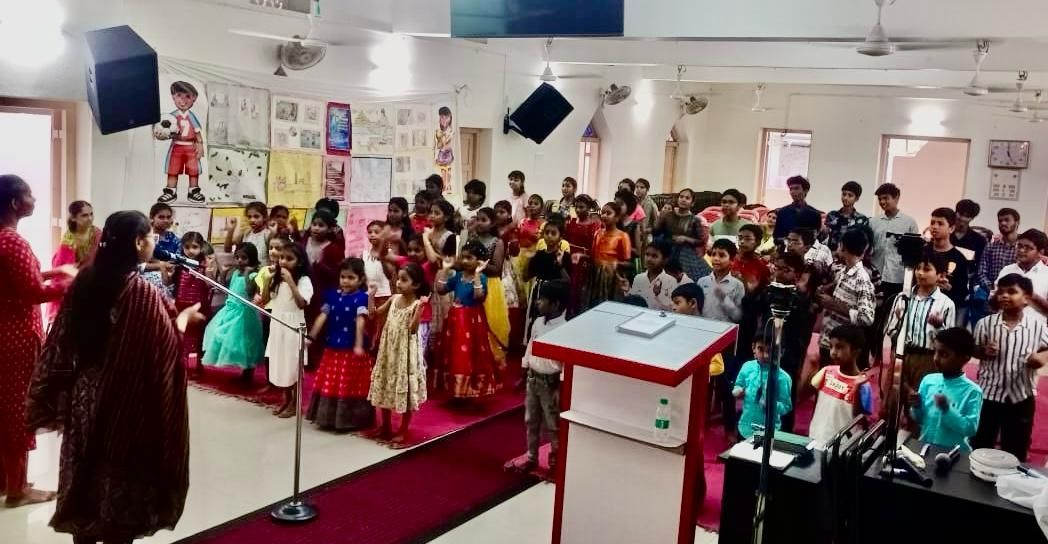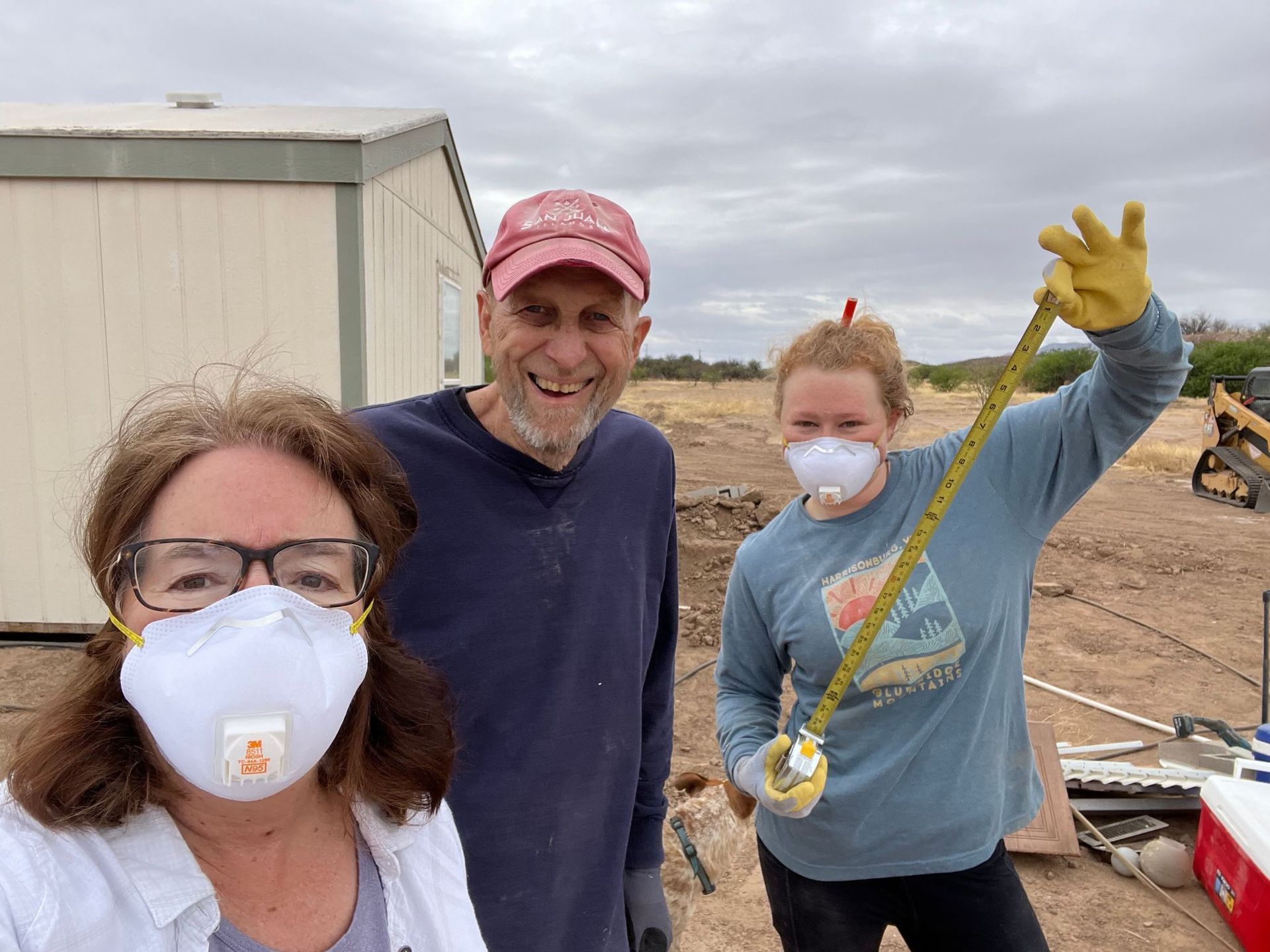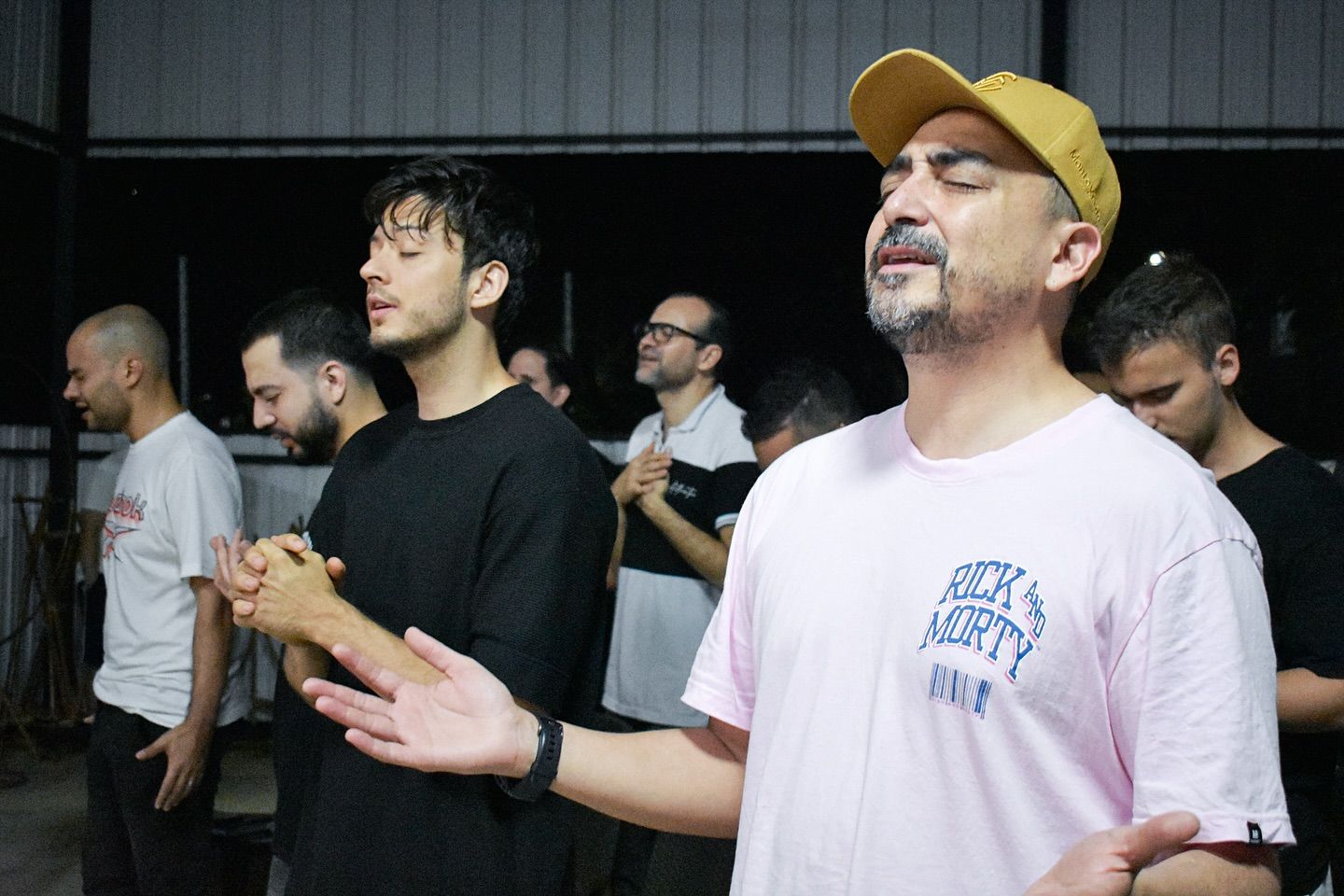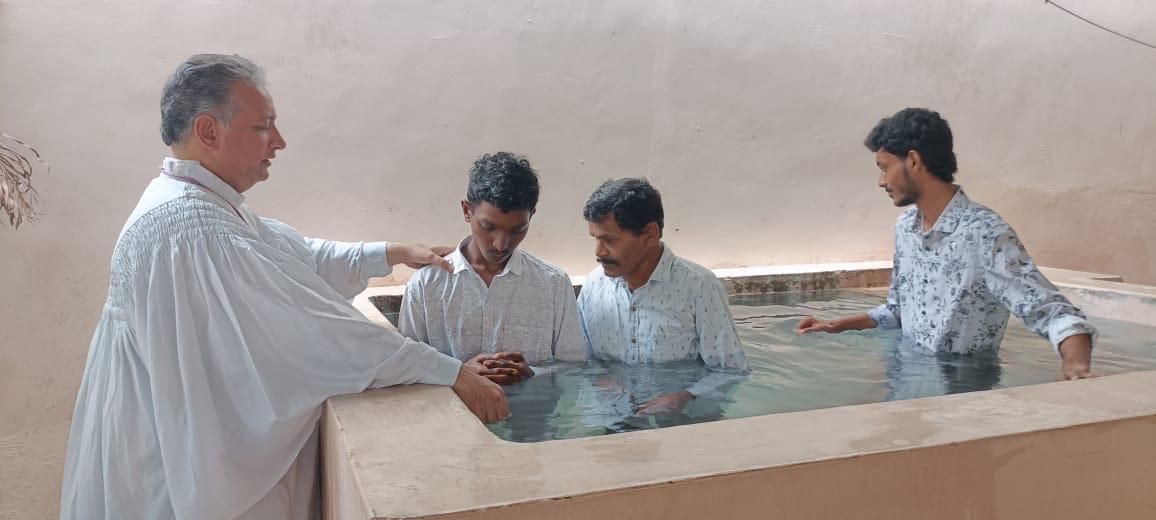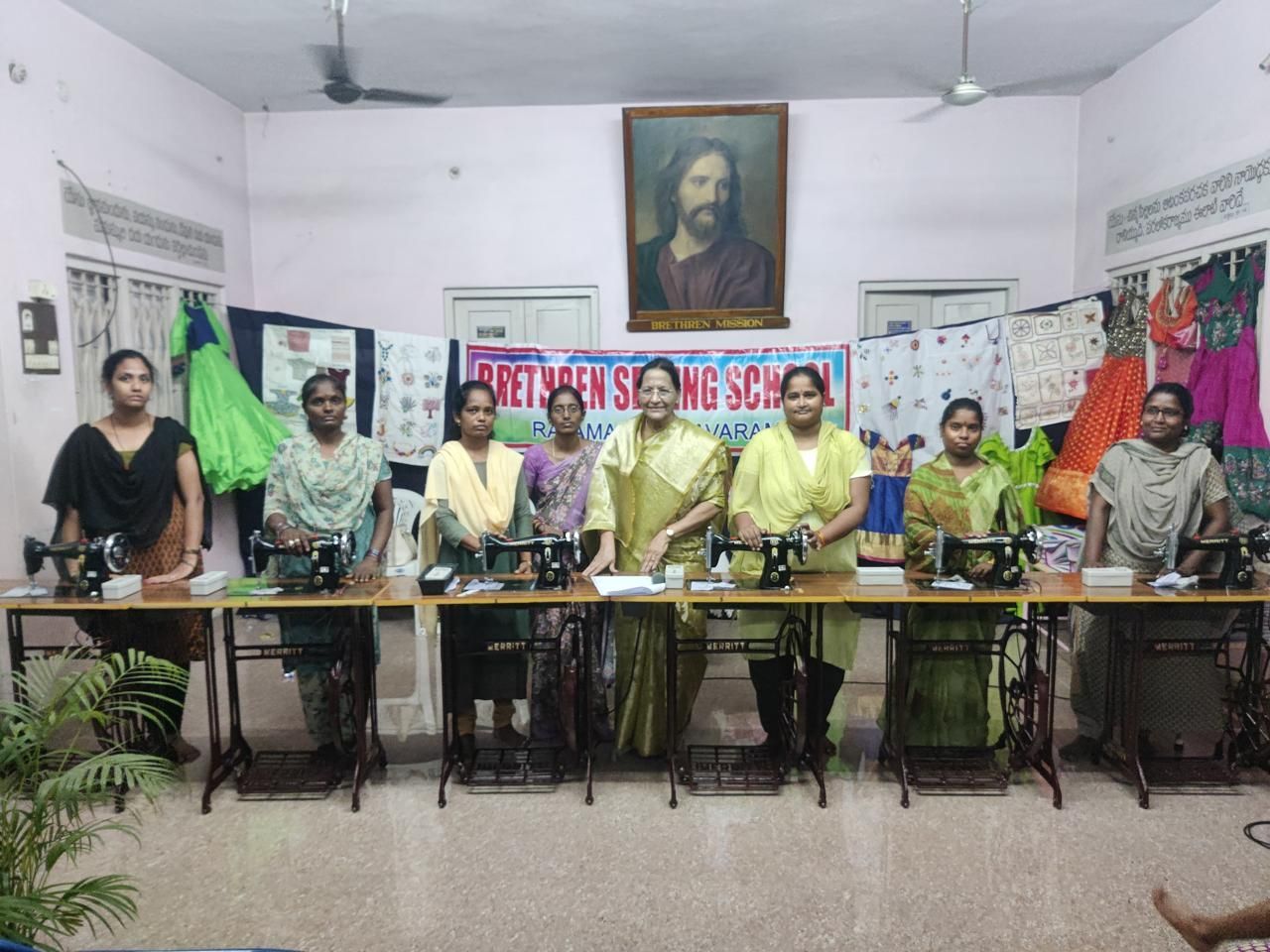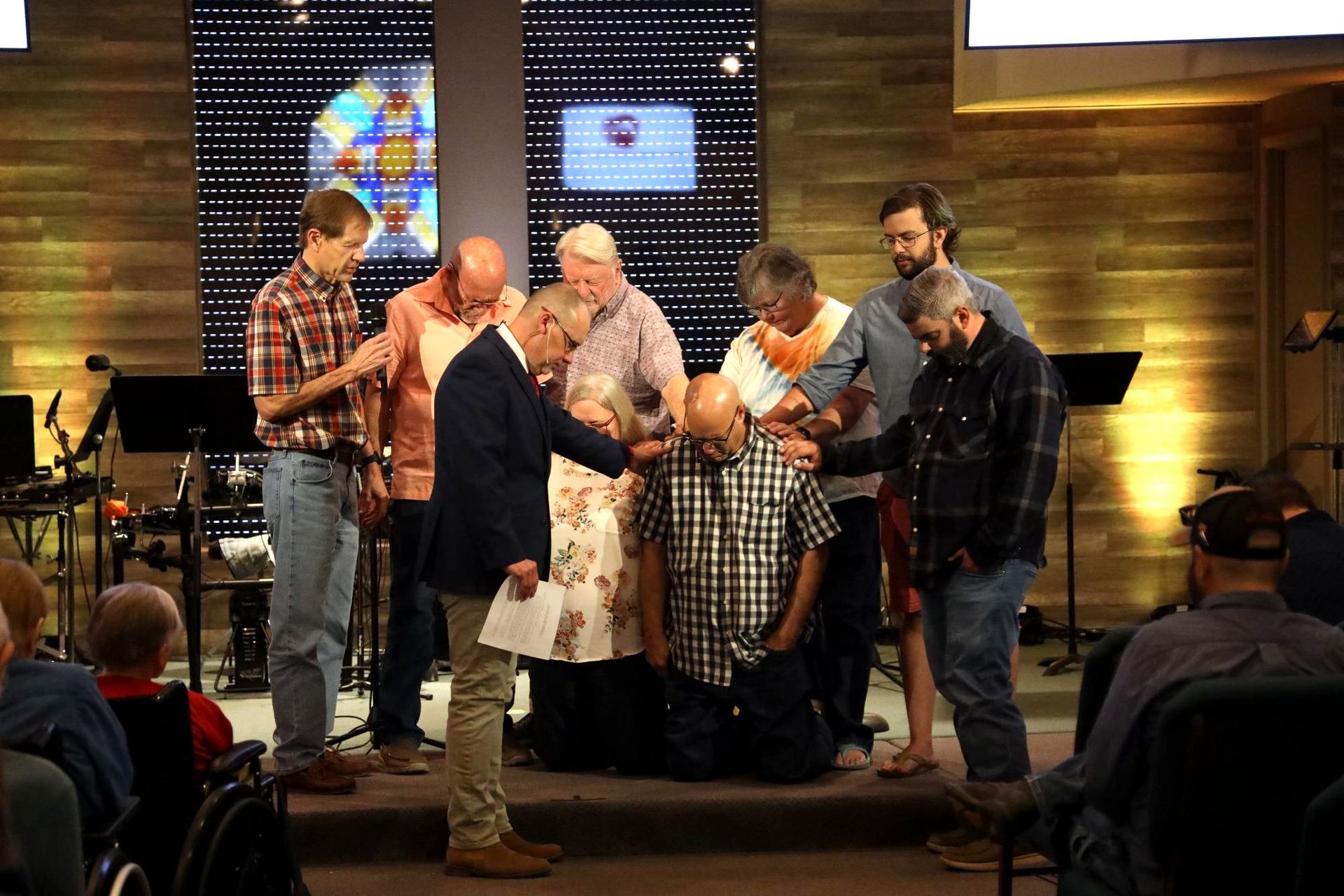Unhappy Feet
Footwashing, as we all know, is one of the distinctives of the Brethren. A former pastor of my congregation (Tom Schiefer) likes to tell the story of when he encountered the Brethren at Ashland University. He asked his father what he knew about the Brethren, and his father said, “Foot washers.”
Footwashing is one of our weirder practices. It makes some people uncomfortable. If we have visitors to communion, this is the part they are most likely to observe rather than participate in. Even among Brethren, there is some disagreement about what we ought to call it. Dale Stoffer and I have had a couple of conversations about whether it ought to be “footwashing” or “feetwashing.” That’s a very Brethren discussion, but I have to admit that even among the Brethren, it probably wouldn’t interest anybody else!
The practice itself seems to be very interesting to my seminary students. Whenever I mention it in classes, the students always want to hear more about it. More churches seem to be doing it today, even if it isn’t part of their tradition.
Footwashing has special significance in our family. When our son Chris was about nine years old, he told us that he wanted to be baptized. When we asked him why, he said that he understood that you had to be baptized in order to participate in the footwashing service. That might seem an unusual motivation for being baptized, but as I’m going to suggest, footwashing is more closely connected to salvation than we usually think.
It has some significance for me personally, as well. When I made a silent retreat at a monastery a few summers ago, John 13 was the passage I focused on. I had been reading slowly through the Gospel of John, and I’d reached the beginning of chapter 13 when I went on the retreat. Great, I thought. I’m Brethren. What more can I possibly learn from this chapter? So I started reading it without a lot of anticipation. I got as far as verse 3 and got stuck. I spent most of the week there. When I went on to the rest of the chapter, I found that I was seeing it in a new way.
The description of footwashing in John 13:1-19 has three main parts:
• The setting (v. 1-3)
• The footwashing scene (v. 4-11)
• The footwashing lesson (v. 12-20)
When commentaries explain this story, most of them don’t actually spend a lot of time looking at the story itself. Most of them want to get to the moral of the story. Even when we Brethren deal with it, we tend to do the same thing.
There are two common “morals” that people identify. The first moral is our need for periodic cleansing from sin: in verse 8, Jesus tells Peter, “Unless I wash you, you have no part with me” (NIV). In order to share in Jesus’ salvation, we have to let him cleanse us from sin. Even believers need to be “touched up” from time to time as they get a bit dirty on the roads of life. The second moral is our calling to humble service: in verses 14-16, Jesus tells the disciples that they must imitate his example of humble service toward one another, as expressed in footwashing. Of course, different groups disagree about whether the imitation is supposed to be literal or figurative. This moral looks like the main one; it comes in handy “saying” form at the end of the story.
It’s interesting to me that different Brethren groups tend to have different emphases. In the Brethren Church, we tend to emphasize cleansing from sin. In the Church of the Brethren, they tend to emphasize the need for humble service. I wonder if we tend to focus on the aspect of the story that we find less challenging!
But the description of footwashing isn’t just a parable with a punch line. Let’s take some time to look at the story itself. Something significant is going on here. It’s the story of an encounter—with Jesus, with others, and with oneself.
John sets the stage in verses 1-3. It’s a pretty dramatic atmosphere. Jesus knows that his hour has come (a theme throughout John’s Gospel). He knows that he’s going to die soon, but he’s going to love his disciples to the end. Judas is already prepared to betray him. Jesus knows that God has given all things into his hands (NRSV). He knows who he is: he’s the one who came from God and who will return to God when his mission is over.
The verse I got stuck at was verse 3: The Father has given all things into his hands. It’s an expression meaning that everything is under his control. The NIV says that all things are “under his power.” The “all things” in Jesus’ hands includes his fate. Jesus isn’t really ambushed by the people who come to arrest him. According to John 10:18, he chooses to lay down his life. “All things” includes the disciples. We’ll see more about that in a moment. “All things” includes me; that’s what hit me so hard on my retreat. At a time when I was unhappy about some of the things that were happening to me, this reminded me that I was still in Jesus’ hands. And it reminded me that Jesus himself knows all about unhappy times. Finally, “all things” includes all of us in the Brethren Church.
When I was reading this at the retreat, I got to thinking about Jesus’ hands. They would have been a laborer’s hands, rough and calloused from his work as a carpenter. They could be strong, as when he rescued Peter from drowning. They could be gentle, as when he blessed children. They could be scary: Jesus was the Coming One that John the Baptist talked about, who was going to take the winnowing fork into his hands and separate the wheat from the chaff in the judgment. Remember, Hebrews 10:31 says that it’s a terrifying thing to fall into the hands of the living God.
Suppose you had divine power and authority? What would you do with it? You may remember a movie called “Bruce Almighty” that had a plot along those lines. Imagine that they made a movie called “Brenda Almighty”—or . . . fill in your own name. What would the story be? What would the main character do with all that power? Whatever we might do, it probably wouldn’t be what Jesus did. Jesus, who had all power in his hands, washed his disciples’ feet.
So let’s look at the footwashing. As we know, and as we can see in the story, washing someone’s feet is a humbling act. In that culture, it was a very menial job that would be done by the lowliest of the household slaves. When Jesus takes off his outer robe, he looks like a slave. Disciples couldn’t be required to wash the feet of their rabbi, although some might do it to show how devoted they were. A rabbi would never do it for his disciples; in fact, a social superior never washed the feet of a social inferior.
Jesus’ disciples didn’t arrange for anyone to do it before the meal, and it apparently never occurred to any of them to do it themselves. It might have been a bit tricky, since they were probably from different social classes. At least Matthew the tax collector was probably more well off than the fishermen. Footwashing wasn’t just humbling; it was humiliating. If it would be humiliating for a social superior, think how humiliating it would be for the One who has divine power and authority.
This is why Peter reacts so strongly. He doesn’t want Jesus to wash his feet, because it’s not honorable or seemly; it’s almost indecent. But Jesus doesn’t seem to regard it as shameful. In fact, he seems to regard it as a natural expression of who he is. Knowing that he has all power and authority, and knowing where he has come from and where he’s going, he washes their feet. Jesus has a strong sense of his identity, and this is how he expresses it. This passage is like what Paul describes in Philippians 2:1-11: Jesus expresses his divinity by humbling himself and taking the form of a slave, being obedient even to the point of death on a cross.
In that culture, because of the shame involved, it might have been more humbling to wash someone else’s feet than to have one’s own feet washed. In our culture, it seems to be different. We’re less hung up on social class, but we’re more hung up on self-sufficiency and being in control. In my experience, people find it easier to wash someone else’s feet than to have their own feet washed.
Washing someone’s feet—and having our feet washed—is also an intimate act. It’s a type of physical contact that we don’t usually experience. It involves knowing and being known. Some of us may have beautiful feet, but probably most of us don’t. They’re an aspect of ourselves that we don’t usually reveal—at least not in close-up! Maybe they’re a bit unsightly. Maybe they’re a bit smelly. Maybe letting someone touch our feet is just a bit embarrassing.
Footwashing requires trust. Especially when someone else washes your feet, you have to give up some self-sufficiency and some control. You’re letting someone else do something for you, and you can’t control their perceptions of you. That makes you vulnerable. You have to trust that they’ll accept you—warts, bunions, and all. The unexpected intimacy can break through barriers. People who are at odds with one another are forced to encounter one another in the presence of God and the community. Brethren have stories of people being reconciled to one another in the footwashing service.
In Jesus’ case, though, this footwashing involves a pretty intimate betrayal. Pretty soon, all of these people he’s cleansing and loving and serving are going to abandon him. One of them will deny him. One of them will betray him. Despite knowing all this, Jesus washes their feet anyway. He knows none of them will get the point until after his death and resurrection. He washes Peter’s feet. He even washes Judas’ feet. His offer of reconciliation is there, even if it’s rejected.
Finally, footwashing is an extravagant act. Brethren aren’t known for extravagance. When the early Brethren would gather for Annual Meeting, some 4,000-6,000 Brethren would descend upon whatever town they had chosen for the meeting. The local merchants would get very excited at the prospect of a boost to the local economy. Unfortunately, it usually didn’t work out the way they hoped. One disappointed local made the comment, “The Brethren came to town with their Ten Commandments and their $10 bill—and they broke neither.”
What Jesus does in washing their feet isn’t showy. It’s not loud or miraculous. It’s very simple. Yet it’s extravagant in other ways. It’s a dramatic gesture, even shocking. Instead of teaching them in words, he gives them an example they’ll never forget. His actions demonstrate the nature and extent of his love for them. He shows love and self-sacrifice even toward his enemies—just as he is going to do on the cross. Thus the footwashing is a symbol of salvation, a fitting illustration of God’s extravagant love.
Although nobody washes Jesus’ feet in this story, we can see a similar picture of extravagant love in chapter 12, when Mary anoints Jesus’ feet with expensive perfume and wipes them with her hair. Mary is showing her love for Jesus and her gratitude that he has raised her brother Lazarus from the dead. Apparently she’s more perceptive than the other disciples, since she is also anointing Jesus in light of his coming death and burial. During a time when Jesus is trying to prepare and comfort his disciples, this is the only time someone tries to support and comfort him.
For the disciples, the footwashing in chapter 13 is an encounter with Jesus. He expresses his love for them. He gives them the cleansing they need—except for the one who is determined not to be clean. He commands them to serve one another as he has served them. He commissions them to carry on his ministry (v. 20). As part of their last time together, Jesus does what he can to prepare them for what is coming.
The footwashing is also an encounter with others. It’s a corporate experience. Remember, these people were jockeying for position in the coming kingdom. The other Gospels tell us that they were arguing about which of them was the greatest even at the Last Supper. Jesus is trying to shock them into looking at one another in a new light. They need a new attitude to equip them to serve the kingdom’s agenda rather than their own. It’s a pattern for their interaction in the future.
The footwashing also forces the disciples to encounter themselves. The only one we get to observe is Peter, but he’s probably acting out what the others are thinking. His reaction is emphatic: “You shall never wash my feet!” Essentially, this is a confession. He knows that he isn’t worthy to have Jesus wash his feet. But if this washing means that he gets to be with Jesus, then he wants as much of it as he can get. In his encounter, Peter learns two important things about himself: he is a sinner . . . and in spite of that, he is loved and claimed by Jesus.
This story isn’t just about footwashing; it’s a picture of Jesus’ ministry. It’s a new dimension of the table fellowship that he’s been having throughout his ministry. He accepts the unacceptable. Like the king in the parable, he invites the disreputable people to the banquet. In its own way, footwashing is a parable of the kingdom.
This footwashing is also a representation of the gospel. Jesus does it in the context of his approaching death, specifically because he knows that his hour has come. He acts out the meaning of the cross, and how we should live in response.
So as we encounter Jesus in this story, what do we learn? We learn a lot about Jesus, and therefore about the Father who sent him. Jesus shows us a God who demonstrates his sovereignty through servanthood. He isn’t afraid to get his hands dirty. Instead of expecting us to go to him, he comes to us. He’s willing to deal with the dirt in our lives so that he can get us clean. This is a God who loves us with an extravagant love.
As we encounter one another in the story, what do we learn? Here’s where we Brethren have an advantage, because we wash one another’s feet twice a year. The challenge for us is not to let that be enough. Whether we use water or not, we can do this for one another all the time. We can love and serve one another with kind words and practical support. We can be the presence of Christ to one another when we’re hurting. We can offer a wise word of counsel when it’s needed. We can remind one another of God’s love for us and challenge one another to carry out his commission.
Finally, as we encounter ourselves in the story, we confront our own identity. The story reminds us who we are—believers in Jesus who aren’t yet the people we know we should be. But more importantly, it reminds us whose we are==people who can come to God’s table because we’ve been claimed by Jesus.
If Jesus were to wash your feet, what would you say to him? What do you think he would say to you? We might be a little nervous about that, but I don’t think we need to be. After all, Jesus accepts us, even knowing what we’re really like. Anything he’d say to us, whether in encouragement or correction, would be words of love.
All of us and our congregations are in Jesus’ powerful, loving hands. That’s important for us to remember in this time of denominational transition and social unrest. Jesus may do things—or call us to do things—that will be new and outside our comfort zone. But he doesn’t call us to do anything he wouldn’t do himself. This is someone we can trust. So let’s put ourselves into Jesus’ hands and let him wash our feet.
